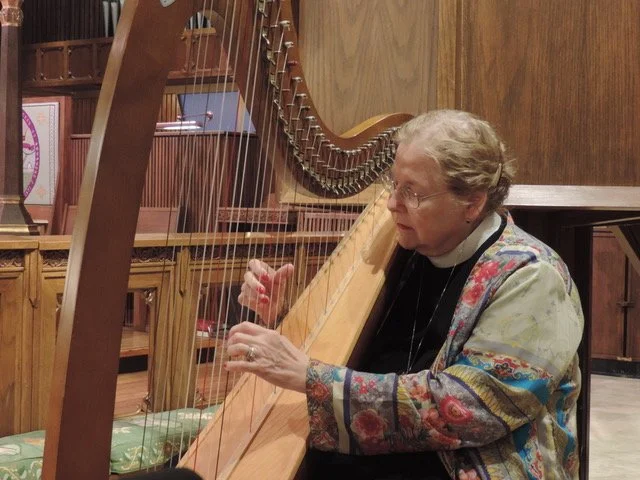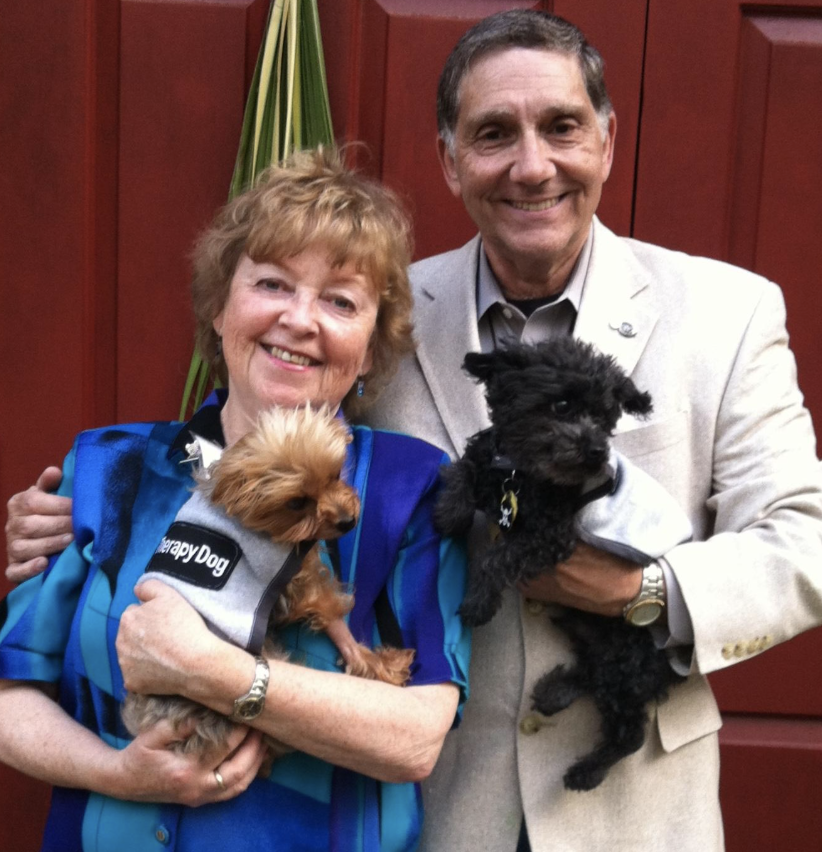On October 10-11, the COHI Board gathered in Buford, GA, for an in-person meeting to get acquainted with new members and plan for future steps in administering the Trinity Wall Street grant. We enthusiastically welcomed new Board Members, Diane Hodgins as Secretary, and Craig Wilson as Interim-Membership Committee Chair.
Part of our planning was to revisit and clarify the Board Committee structure as created in 2022 during an organizational redevelopment initiative. We are seeking new members for the Communication, Finance, and Curriculum Committees, as well as new Regional Representatives for West/Northwest, Gulf Coast, Heartland, North Atlantic, and Southwest Regions to serve on the Membership Committee.
Please read the committee overviews and preferred skill sets below and prayerfully consider volunteering for one of the committee positions. Send your questions and decisions to communications@cohi.org.
Committee Assignments and Preferred Skill Sets
Curriculum/Charism Committee
The Curriculum and Charism Committee’s responsibilities include:
Writing, researching, and editing all learning materials
Creating & Implementing Continuing Education opportunities, including Facilitator Trainings and Leaning In Events
Charism- Ensuring consistency of COHI's unique identity and Benedictine spirituality across all resources
Annual Conference planning is a subcommittee
Skill set preferred:
Event planning, content development, and strong administrative skills.
Send your questions and decisions to communications@cohi.org.
Membership Committee
The Membership Committee is made up of the Membership Chair, Membership Administrator, and Regional Representatives.
This committee is charged with ensuring the Membership Chair, Membership Administrator and Regional Representatives have clearly identified written roles and responsibilities along with a communication plan for engagement as appropriate with the COHI board members, COHI centers and inquirers.
Primary responsibilities of Regional Representatives include:
Acting as liaison between Centers and the Board through regular communications, including attending Reg. Representative meetings
Listening, encouraging, and problem-solving with Centers, Regional Representatives, Membership Chair, and Membership Coordinator
Encouraging Centers to participate in COHI and Regional events
Facilitating coordination between Centers to share resources
Participating in Centers’ Circles of Care, commissioning, retreats, etc. as needed and if invited
Planning and participating in Regional and COHI retreats, conferences and training (including lay pastoral care training, facilitator training, leadership training)
Promoting COHI within respective regions to interested organizations
Skill set preferred:
Commitment to Benedictine spirituality, effective oral and modern written communication skills, and comfortable holding virtual meetings (Zoom). It’s not required for you to be the host; someone in your church, or you can partner with another Center to do the technical pieces.
Send your questions and decisions to communications@cohi.org.
Finance Committee
The Finance Committee will be made up of the Finance Committee Chair, committee members, and the Treasurer.
This committee will work with the Treasurer on COHI’s budget plans, grant opportunities, existing grants, and fundraising campaigns created by the Communication Committee. They will also work with our grant contractors.
Skill set preferred:
Knowledge of budgets and money matters, preferably with experience on a finance committee.
We are seeking a Finance Committee Chair (*Board position).
Send your questions and decisions to communications@cohi.org.
Communication
The Communication Committee will be made up of the Communication Committee Chair, committee members, and a graphic design contractor as needed.
Primary responsibilities include:
Creating and monitoring social media posts, including Facebook and the website.
Producing marketing materials
Tracking Constant Contact usage, bounce backs, and discrepancies
Coordinating with IT contractor to update discrepancies
Creating and monitoring forms
Skill set preferred:
Knowledge of and ease of using social media platforms, communication strategies, and comfort level with CRMs (Customer Relationship Management/databases). Writing & editing experience would be helpful.
Send your questions and decisions to communications@cohi.org.







